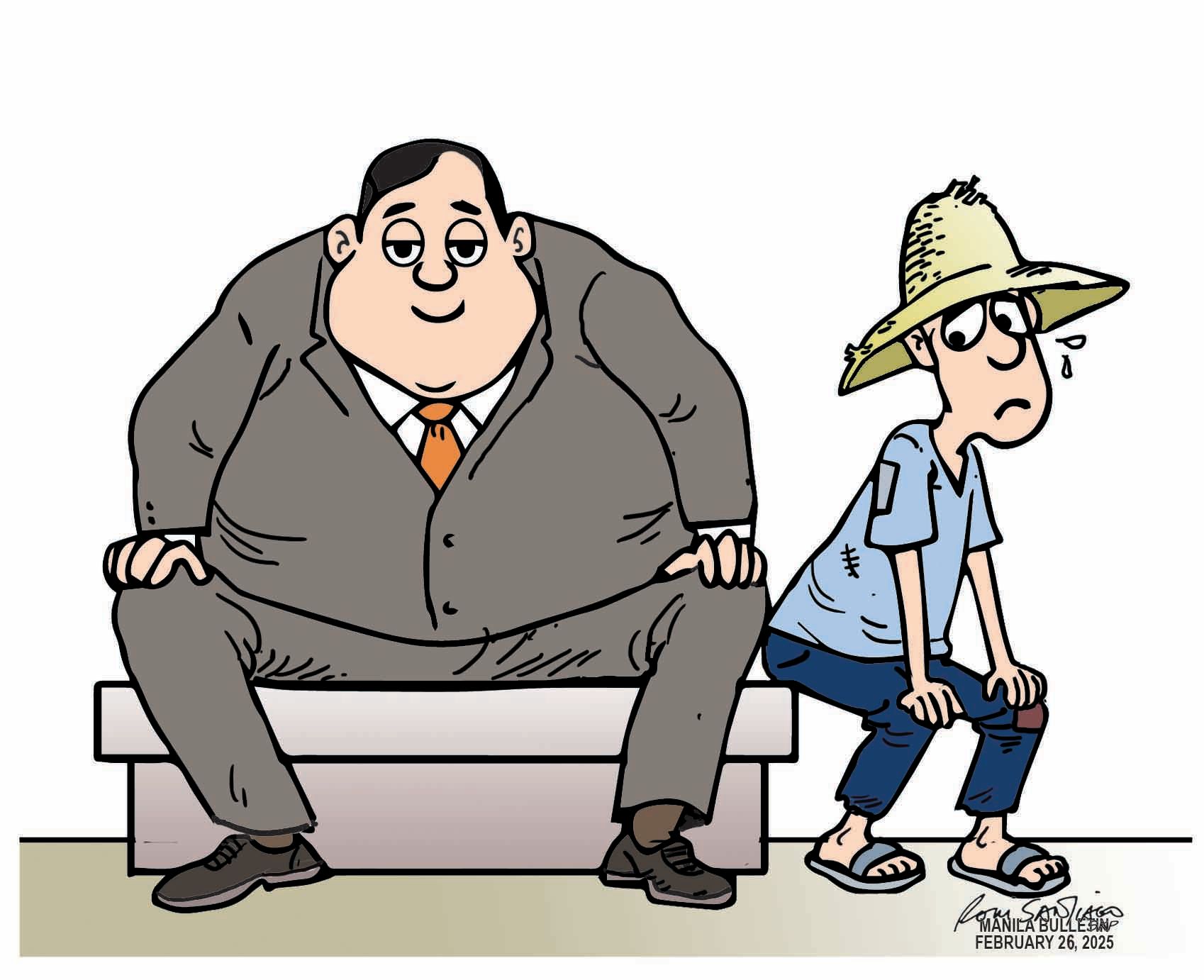
In 1995, Republic Act No. 7941, or the Party-list System Act, was enacted with the noble intention of giving marginalized and underrepresented sectors of society a stronger voice in Congress. It was meant to ensure that those on the fringes—such as farmers, laborers, women, indigenous people, and persons with disabilities—had a platform to represent their needs and aspirations.
However, over the years, this well-intentioned law has been taken advantage of, whether wittingly or unwittingly, by the powerful and the political elite, turning it into a tool for them to maintain their grip on power. The original purpose of the law has been perverted, and it is high time for a revision of Republic Act No. 7941 to ensure that it fulfills its intended role—giving the marginalized, who are often unheard of in the corridors of power, representation in the House of Representatives.
In practice, the system has been exploited by those with the resources, connections, and political influence to create party-list groups that are essentially front organizations for those with vested interests. By financing and backing these faux parties, the elite ensure that their political hold over the government remains unchallenged. Instead of the marginalized, the beneficiaries of the party-list system are often the groups with vested interests that have long dominated the country’s political landscape.
One of the most glaring abuses of the system is the phenomenon of “nominees” who are not representatives of marginalized sectors but are instead part of the political elite. These individuals are often relatives, allies, or political patrons of influential figures. As a result, the party-list seats, which are intended for those who represent the most vulnerable, are instead occupied by individuals with no real connection to their supposed constituencies.
The ease with which these abuses take place is a reflection of the gaps in the law and its implementation. There are no clear guidelines to prevent political dynasties from exploiting the party-list system, nor are there sufficient mechanisms to ensure that only truly marginalized groups can form a legitimate party-list. Many groups that would benefit from the system remain excluded because they lack the resources to meet the legal and financial requirements needed to compete, while well-established political players continue to abuse the law for their own advantage.
Moreover, the failure of the system to truly represent the interests of the marginalized means that the concerns of farmers, workers, indigenous peoples, and other vulnerable groups are often ignored in the policymaking process. Rather than advocating for laws that would directly benefit these communities, party-lists controlled by the elite focus on issues that serve their own interests. This not only perpetuates inequality, but it also undermines the very foundation of democratic representation.
To restore the integrity of the party-list system and ensure that it benefits those who it was originally meant to serve, a revision of Republic Act No. 7941 is urgently needed. There must be clearer and stricter rules on the qualifications for party-list nominees, including a requirement that the candidates truly represent marginalized sectors and have a proven track record of service to these communities. Additionally, there should be a thorough vetting process for party-list organizations to ensure that they are not fronts for the political elite or vested interest groups.
The law, as it stands, has failed to protect the interests of marginalized sectors. This is why tweaking the law to safeguard the integrity of the system is necessary to ensure that it once again serves its true purpose. Only then can we achieve a truly representative democracy.